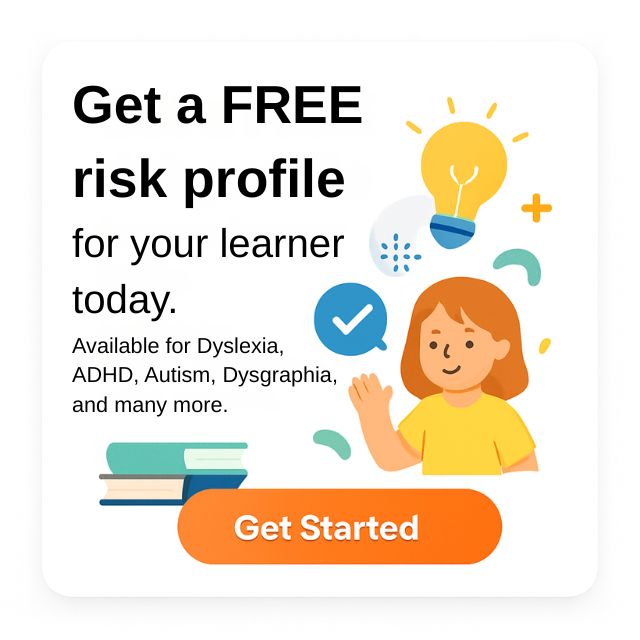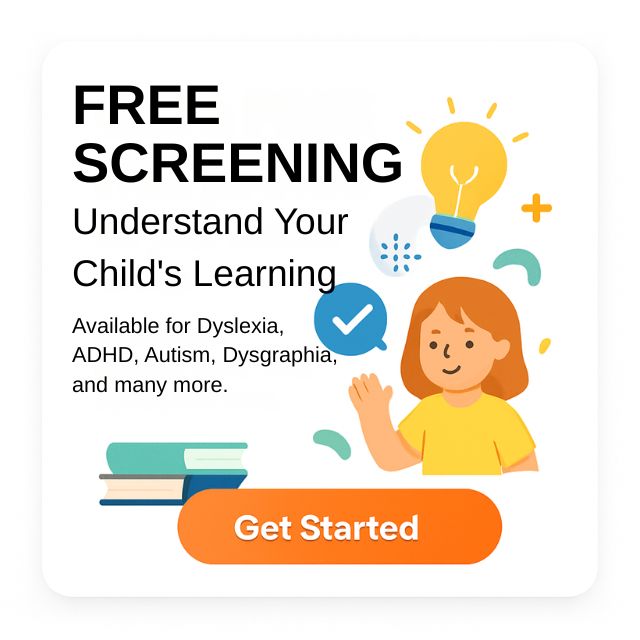What are the causes of Dyslexia?
Dyslexia is a learning disability characterised by difficulties in recognising spoken sounds and learning how they relate to letters and words (decoding). Dyslexia, often known as reading difficulty, affects the parts of the brain that processes languages. Dyslexic children frequently have normal vision and are just as intelligent as their peers. However, they have more difficulty in school because reading takes them longer. Word processing issues can make it difficult to spell, write, or talk clearly. Below are the causes of Dyslexia.
What Causes Dyslexia?
Dyslexia can be caused by a genetic mutation, which is why it commonly runs in families. If your parents, siblings, or other family members have dyslexia, you’re more likely to have it as well. Differences in the areas of the brain that process language cause the disorder.
Unlike when children first begin to read, they must first determine what sound each letter produces. The letter “B,” for example, generates the sound “buh.” The letter “M” sounds like “em.” Then they learn how to combine those sounds to form words (for example, “C-A-T” spells “cat”). Finally, students must decipher the meanings of words (“Cat” is a furry animal that meows).
But a child with dyslexia has a difficult time connecting letters to the sounds they make and then mixing those sounds into words. As a result, the word “cat” could be misread as “tac” by someone with dyslexia. Reading can be a slow and difficult task as a result of these misunderstandings.
There are many other causes of Dyslexia that are complete risk factors which may include:
- Premature birth or low birth weight
- Exposure during pregnancy to nicotine, drugs, alcohol or other infections that may alter brain development in the fetus
- Individual differences in the parts of the brain that enable reading
- Although it is frequently associated with ADHD, it is a distinct disorder.
- Not caused by low intelligence
Everyone’s dyslexia is unique. Some people have minor forms of the disorder that they may eventually learn to control. Others have a harder time getting over it. Even if children do not entirely outgrow dyslexia, they can still attend college and achieve success in life.
Final thoughts on the causes of Dyslexia is that; Dyslexia is an extremely difficult reading impairment caused by a genetic, hereditary difference in the way the brain interprets language in its most prevalent form. Low IQ, a lack of ambition, laziness, or poor parenting are not causes of dyslexia.
Effective reading treatments, modest adjustments, encouragement, and appreciation are all that a dyslexic child would require.
Empowerkids can assist children by providing customised assessments and dyslexia screening that address all of the factors that may be affecting the child.
Contact Dr Anupma Sethi at +1-669-900-2315 today to know more about Dyslexia screening and understand our customised approach such as the Orton Gillingham approach, multisensory approach, science of reading that can help children with Dyslexia.
Also read:
- Treatment of dyslexia
- Dyslexia in Adults
- Dyslexia Screening Tests
- Disability resource center San Jose
2411, Old Crow Canyon Road, Suites 140, San Ramon, CA 94583, USA
anupma@empowerkidz.com
+1 (669) 900-2315
© Copyright 2021 EmpowerKidz
Designed & Developed by Congruence Digital



Leave a Reply